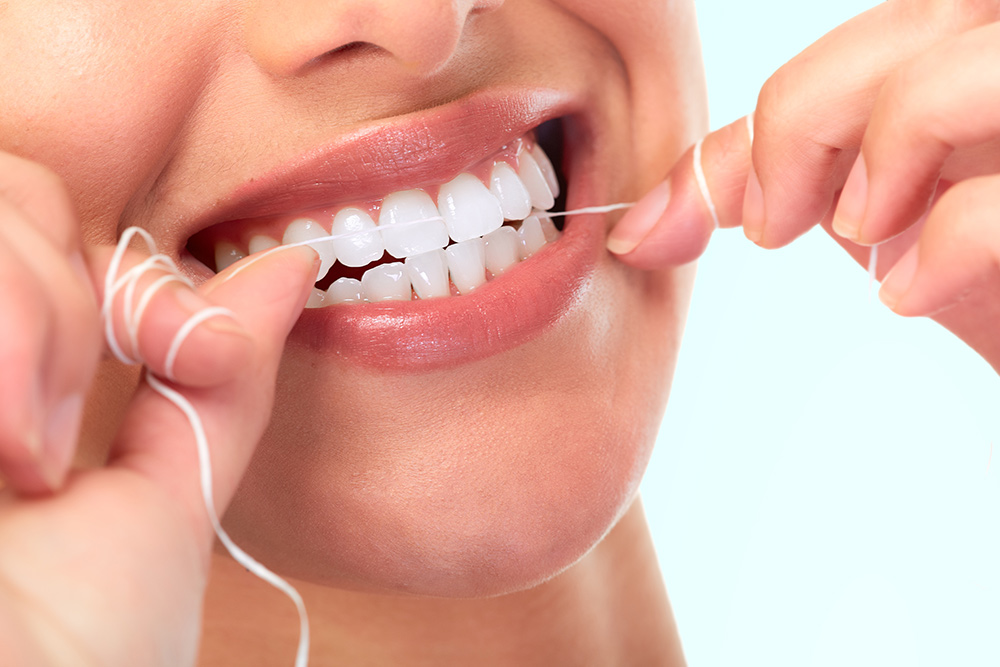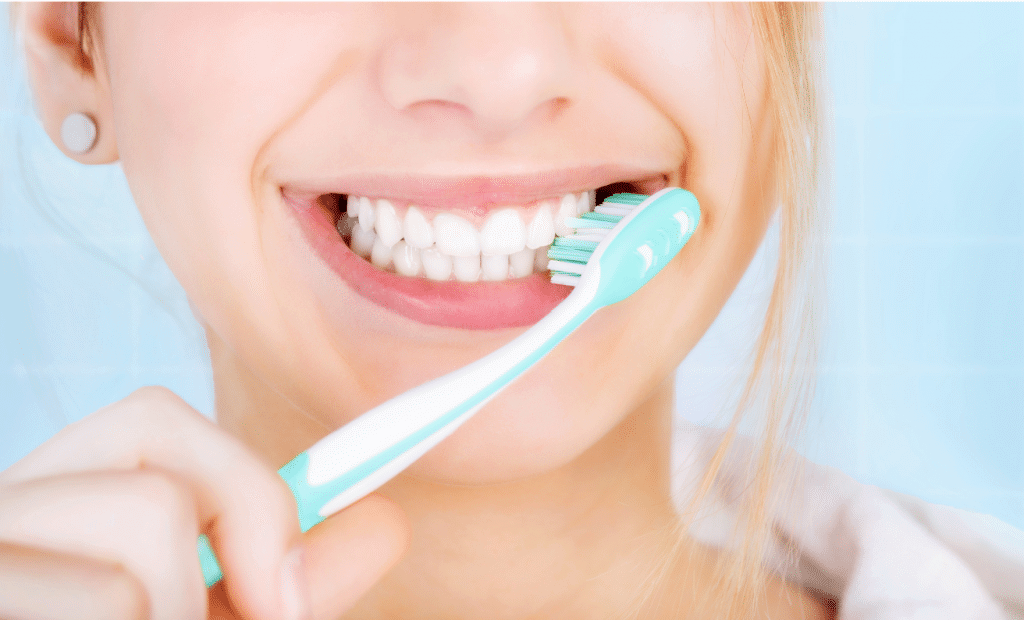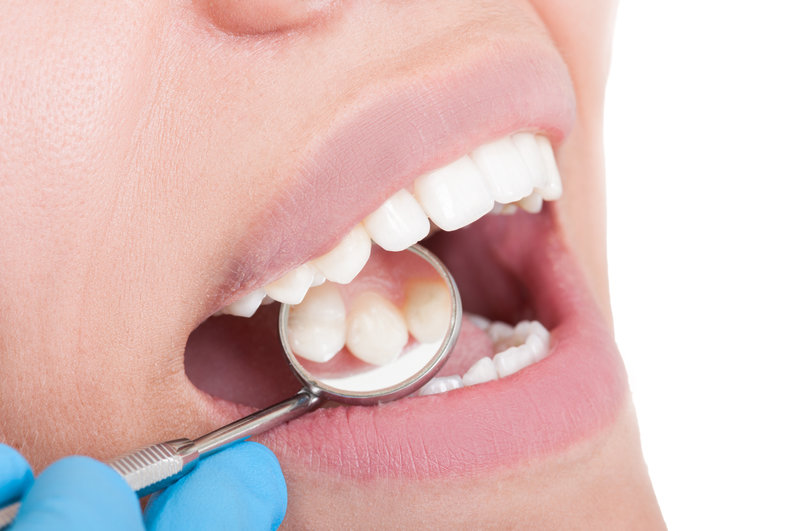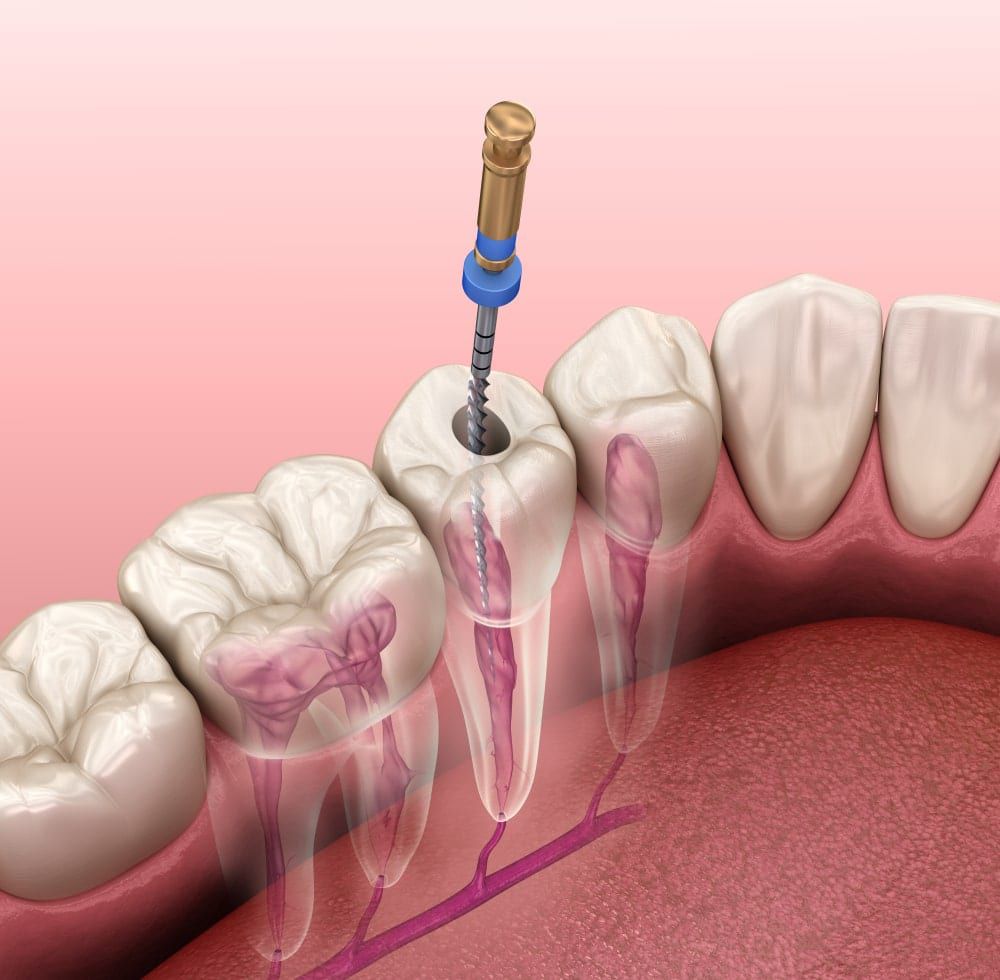Oral health and hygiene are very important parts of self care and your mental health. You have probably heard it all before, but brushing your teeth at least twice a day, flossing regularly and visiting the dentist for check-ups are all absolutely crucial to your overall health.
Poor oral hygiene can lead to a number of problems, including gum disease (gingivitis), tooth decay (cavities) and even root canal treatment. It’s therefore important to make sure you brush your teeth twice a day, floss and visit the dentist for regular check-ups.
Good dental care should be maintained at all stages of life, from childhood to pregnancy. Pregnancy is a time of many changes, both physically and emotionally. It can also be a time when dental problems arise. Although some dental issues are simply due to the increased hormones during pregnancy, other problems can be more serious. That’s why it’s important to take good dental care during pregnancy.
Here are some of the habits you should be adopting, as well as some of the problems you might run into if you don’t take care of your teeth!
Flossing

source: pinterest.com
Flossing is an essential part of good oral hygiene. Brushing your teeth alone won’t remove plaque that has built up underneath the gums, which can lead to gum diseases like gingivitis.
What’s more, if left untreated, gum disease can even cause tooth loss!
You should floss once a day, which will remove the plaque underneath your gum line. Flossing is simple enough to do – you just thread floss in between your teeth and pull it out again once it’s covered with plaque!
Brushing Your Teeth

source: evansondds.com
To ensure that your teeth are clean and free of any plaque or food particles, you should brush them at least twice a day. Make sure to brush the front, back and chewing surfaces of your teeth, as well as your tongue (which can harbour bacteria).
Ideally, you should use a toothbrush with soft bristles and fluoride toothpaste. Brush for two minutes at least, making sure to spit out the toothpaste afterwards.
Visit the Dentist Regularly

source: fermeliadental.com
The dentist will be able to check for any signs of tooth decay or gum disease in your mouth. While not everyone loves going to the dentist, it is something that you’ll have to convince yourself to do every 6 – 12 months. They can also offer advice on how to improve your brushing and flossing habits, which will help you maintain good oral hygiene.
If left untreated, many problems with your teeth can become irreversible!
Risks of Poor Oral Health
There are a number of risks associated with poor oral health care, including:
– Tooth decay (cavities)
– Gum disease (gingivitis)
– Root canal treatment
– Tooth loss
All of these problems can be avoided by ensuring that you have a good oral hygiene routine and visit the dentist regularly.
Tooth Decay and Cavities

source: nilesfamilydentistry.com
Tooth decay is a common problem that can occur when plaque is not removed from the teeth. The bacteria in plaque produce acids that can eat away at the enamel on your teeth, causing cavities.
Cavities are a pain to deal with and can often require treatment like fillings or root canal treatment. It’s therefore important to brush your teeth twice a day and floss regularly to avoid tooth decay.
Gum Disease (Gingivitis)
Gum disease is a common problem that can occur when plaque is not removed from the teeth. The bacteria in plaque produce acids that can eat away at the enamel on your teeth, causing cavities.
Left untreated, gum disease can lead to tooth loss and even heart disease! You should therefore make sure to brush your teeth twice a day and floss regularly to avoid gum disease.
Root Canal Treatment

source: harkendental.com
If you have a cavity that’s too large to be treated with a filling, or if the nerve of your tooth has been infected, root canal treatment may be necessary. In this procedure, the pulp of the tooth is removed and replaced with a filling or another type of material to protect it from bacteria – for a more detailed explanation, Australian Dental Specialists outline the entire process.
Once the inside of your tooth has been treated in this way, it’s important to visit a dentist regularly to check for any signs of infection.
Tooth Loss
Tooth loss is a problem that can occur when gum disease is not treated. If the gums become infected and pull away from the teeth, they can form pockets in which bacteria can thrive. These bacteria can then cause tooth loss.
It’s therefore important to brush your teeth twice a day and floss regularly to avoid gum disease and tooth loss.
To Conclude: Oral Health is a Huge Part of Self Care
In short, good oral hygiene is essential for keeping your teeth healthy and free from problems. Make sure to brush your teeth twice a day, floss regularly and visit the dentist regularly for check-ups. If you follow these simple tips, you’ll be able to look (and feel) like your best self!





